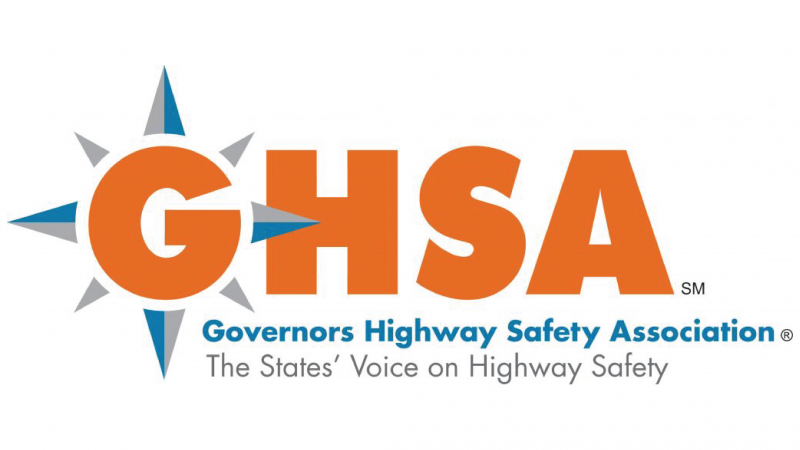Report Scans Marijuana Legalization’s Impacts on Impaired Driving Systems
Law enforcement, prosecution, adjudication, and toxicology among areas examined
WASHINGTON, D.C. – The legalization of marijuana for medicinal or recreational use at the state level has the potential to have downstream effects on the entire impaired driving system. In its first completed research project, the National Cooperative Research and Evaluation Program (NCREP) convened a group of national experts, representing states that had enacted such laws, to discuss these consequences and identify issues for consideration by other states that may be considering the adoption of these laws. NCREP is managed jointly by GHSA and the National Highway Traffic Safety Administration (NHTSA).
Impact of the Legalization and Decriminalization of Marijuana on the DWI System is the culmination of these deliberations. It outlines key factors for consideration in seven topic areas: law enforcement, prosecution, adjudication, forensics, data, State Highway Safety Offices (SHSOs) and public outreach.
“As more states consider loosening their restrictions on marijuana, State Highway Safety Offices are looking for guidance on the potential impacts of these changes. This research project provides concrete recommendations from those who have already had to deal with the repercussions,” said GHSA Executive Director Jonathan Adkins.
Key takeaways from the meeting include the following recommendations for states:
- Craft new laws with provisions that are supportable by science
- Provide appropriate training and education for law enforcement, prosecutors, judges, probation and toxicology laboratory staff
- Conduct public outreach and education as early as possible
- Consider collaborating with the marijuana industry and criminal justice system
Download a copy of the report at http://bit.ly/ncrep062617. GHSA maintains a list of marijuana-specific drug-impaired driving laws at http://bit.ly/ghsa-drug.
Released on June 26, 2017
Contact: Kara Macek, kmacek@ghsa.org
202-789-0942 x 140
